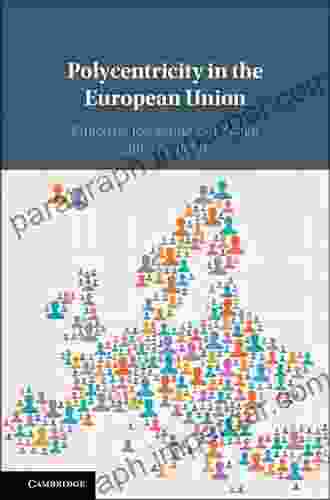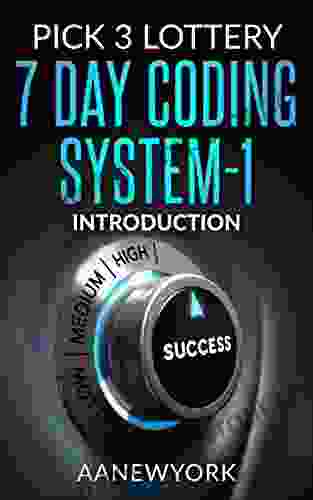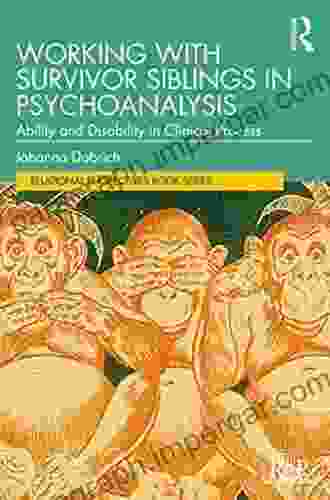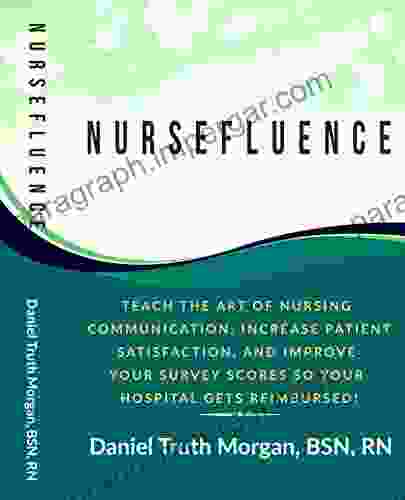Navigating the Labyrinth of Ability and Disability: A Clinical Process Relational Perspective

5 out of 5
| Language | : | English |
| File size | : | 13496 KB |
| Text-to-Speech | : | Enabled |
| Screen Reader | : | Supported |
| Enhanced typesetting | : | Enabled |
| Word Wise | : | Enabled |
| Print length | : | 184 pages |
The concepts of ability and disability are multifaceted and deeply woven into the fabric of human experience. They shape our perceptions of ourselves, others, and the world around us. In the clinical setting, these concepts take on added significance, as they influence not only the therapeutic relationship but also the treatment and recovery process.
The Clinical Process Relational Perspectives Series provides a comprehensive framework for understanding the complex interplay between ability and disability in clinical practice. Drawing upon relational and process-oriented theories, this series offers a nuanced and individualized approach to working with clients who experience disability.
Ability and Disability: A Relational Perspective
From a relational perspective, ability and disability are not static characteristics but rather fluid constructs that are shaped by social, cultural, and interpersonal interactions. Disability is not simply an individual deficit, but rather a product of the ways in which individuals are marginalized and excluded from participating fully in society.
This relational understanding of ability and disability has profound implications for clinical practice. It challenges the traditional medical model, which often focuses on individual impairments and deficits, and instead emphasizes the importance of understanding the social and environmental factors that contribute to disability.
The Impact of Ability and Disability on Clinical Relationships
The presence of ability or disability can significantly impact the therapeutic relationship. For example, clients with physical disabilities may experience barriers to accessing treatment, while clients with cognitive disabilities may have difficulty expressing their needs and experiences.
It is essential for clinicians to be aware of these potential barriers and to develop strategies for overcoming them. This may include providing accessible accommodations, using alternative communication methods, and creating a safe and inclusive environment.
In addition to potential barriers, the presence of ability or disability can also create unique opportunities for connection and growth in the therapeutic relationship. For example, clients with disabilities may have developed resilience, creativity, and a deep understanding of human suffering.
Clinical Process Relational Perspectives and Disability
The Clinical Process Relational Perspectives Series offers a number of specific strategies for working with clients who experience disability. These strategies include:
- Adaptive relational interventions: These interventions focus on helping clients to develop compensatory strategies for overcoming the challenges associated with disability.
- Relationship-based interventions: These interventions emphasize the importance of building a strong and supportive therapeutic relationship, which can provide a safe space for clients to explore their experiences of disability.
- Process-oriented interventions: These interventions focus on helping clients to understand the ways in which their experiences of disability have shaped their identity and their relationships with others.
These strategies are not meant to be prescriptive, but rather to provide a framework for clinicians to develop individualized treatment plans that meet the unique needs of their clients.
Ability and disability are complex and multifaceted concepts that have a profound impact on clinical practice and therapeutic relationships. By adopting a relational and process-oriented perspective, clinicians can develop a more comprehensive understanding of these concepts and provide more effective treatment to clients who experience disability.
The Clinical Process Relational Perspectives Series offers a valuable resource for clinicians who are working with clients who experience disability. This series provides a comprehensive framework for understanding the complex interplay between ability and disability, and offers specific strategies for working with this population.
References
- Brown, L. S. (2015). Relational-cultural theory: Family therapy and social justice. Routledge.
- Cohen, M. J., & Hanson, J. E. (2015). Psychodynamic therapy with disabled clients: A relational, process-oriented approach. Routledge.
- Harris, M. (2014). Disability and the life course: Global perspectives. Routledge.
- Smith, D. E., & Rosen, G. (2014). Disability studies: A reader. Routledge.
5 out of 5
| Language | : | English |
| File size | : | 13496 KB |
| Text-to-Speech | : | Enabled |
| Screen Reader | : | Supported |
| Enhanced typesetting | : | Enabled |
| Word Wise | : | Enabled |
| Print length | : | 184 pages |
Do you want to contribute by writing guest posts on this blog?
Please contact us and send us a resume of previous articles that you have written.
 Book
Book Novel
Novel Page
Page Chapter
Chapter Text
Text Story
Story Genre
Genre Reader
Reader Library
Library Paperback
Paperback E-book
E-book Magazine
Magazine Newspaper
Newspaper Paragraph
Paragraph Sentence
Sentence Bookmark
Bookmark Shelf
Shelf Glossary
Glossary Bibliography
Bibliography Foreword
Foreword Preface
Preface Synopsis
Synopsis Annotation
Annotation Footnote
Footnote Manuscript
Manuscript Scroll
Scroll Codex
Codex Tome
Tome Bestseller
Bestseller Classics
Classics Library card
Library card Narrative
Narrative Biography
Biography Autobiography
Autobiography Memoir
Memoir Reference
Reference Encyclopedia
Encyclopedia Jenn Bishop
Jenn Bishop Jenny La Sala
Jenny La Sala Jes Battis
Jes Battis John Andreas Olsen
John Andreas Olsen Jodi Dean
Jodi Dean Joe Pettitt
Joe Pettitt Jim Lebans
Jim Lebans Jim Bishop
Jim Bishop Jerry Blavat
Jerry Blavat Jerrold M Packard
Jerrold M Packard Joe J Hanan
Joe J Hanan Jenna Jaxon
Jenna Jaxon Joanne Dahl
Joanne Dahl Joe Hinds
Joe Hinds Jj Topping
Jj Topping Jenny Boully
Jenny Boully Jill Price
Jill Price Jim Dekorne
Jim Dekorne Jennifer Cut
Jennifer Cut Jennifer Trachtenberg
Jennifer Trachtenberg
Light bulbAdvertise smarter! Our strategic ad space ensures maximum exposure. Reserve your spot today!

 Roger TurnerUnlocking the Power of Spiritual Optimism: A Transformative Guide to Living a...
Roger TurnerUnlocking the Power of Spiritual Optimism: A Transformative Guide to Living a...
 Truman CapoteUnveiling Polycentricity: An Intriguing Paradigm Shift in the European Union
Truman CapoteUnveiling Polycentricity: An Intriguing Paradigm Shift in the European Union
 Jermaine PowellRevolutionize Your Car Audio Experience: A Definitive Guide to Designing and...
Jermaine PowellRevolutionize Your Car Audio Experience: A Definitive Guide to Designing and... Jonathan FranzenFollow ·8.3k
Jonathan FranzenFollow ·8.3k Joe SimmonsFollow ·3.4k
Joe SimmonsFollow ·3.4k Jay SimmonsFollow ·5.8k
Jay SimmonsFollow ·5.8k David PetersonFollow ·19.3k
David PetersonFollow ·19.3k Gilbert CoxFollow ·14.6k
Gilbert CoxFollow ·14.6k Jaime MitchellFollow ·9.9k
Jaime MitchellFollow ·9.9k Eddie PowellFollow ·14.7k
Eddie PowellFollow ·14.7k Chase SimmonsFollow ·7.9k
Chase SimmonsFollow ·7.9k

 Christian Barnes
Christian BarnesUnleash Your Creativity: Build Interlocking 3D Animal and...
Discover the Art of Paper...

 Terry Bell
Terry BellUnveiling the Secrets of Winning: A Comprehensive Guide...
In the realm of chance and fortune, the...

 Albert Camus
Albert Camus101 Things That You Should Do Before Leaving The House In...
Starting your day right is...

 Anthony Burgess
Anthony BurgessForcing Move 2024 Volume: Unleash Your Inner Grandmaster
Embark on an extraordinary chess...
5 out of 5
| Language | : | English |
| File size | : | 13496 KB |
| Text-to-Speech | : | Enabled |
| Screen Reader | : | Supported |
| Enhanced typesetting | : | Enabled |
| Word Wise | : | Enabled |
| Print length | : | 184 pages |










